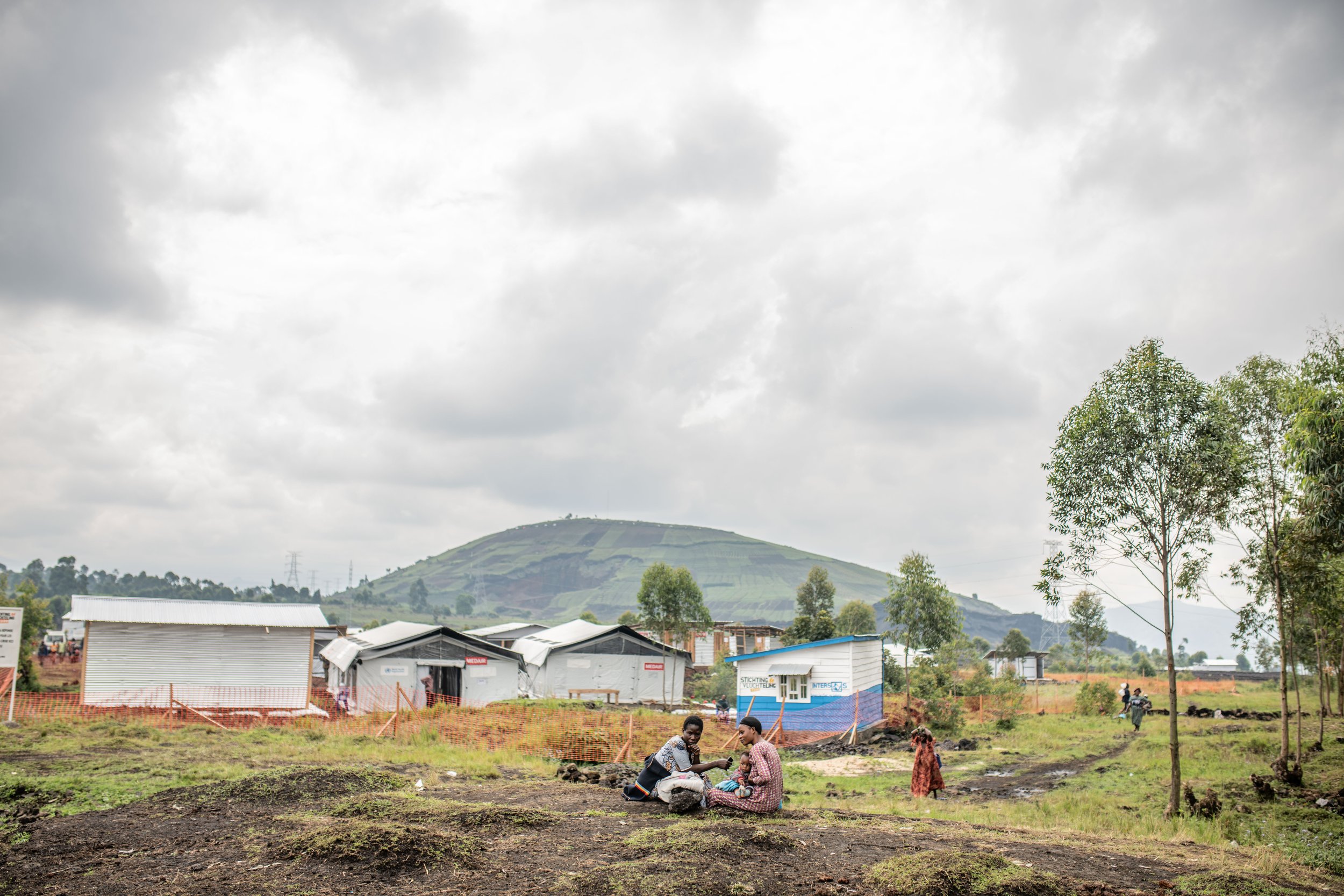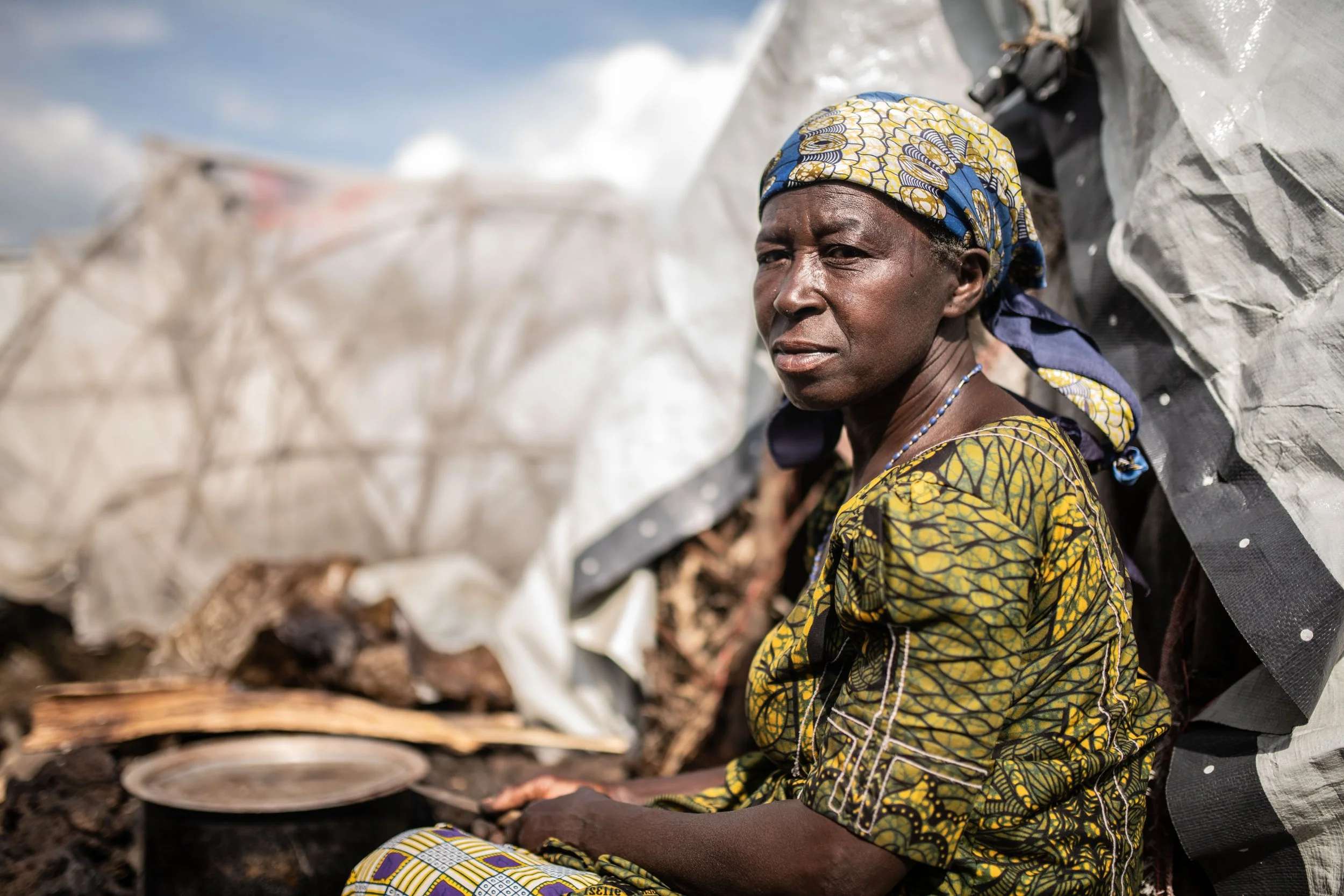Democratic Republic of Congo
DRC
Congolese people have endured nearly continuous violence since the time of King Leopold II of Belgium’s reign in the late 1800s. The Democratic Republic of the Congo (DRC) achieved independence in 1960, but the hope for the country was stifled when Patrice Lumumba, the DRC’s first elected prime minister was assassinated in January 1961. The country was then ruled for 32 years by the dictator Mobutu Sese Seko.
Following the Rwandan genocide in 1994, over one million Rwandan Hutus fled into eastern Congo (then Zaire) fearing retaliatory attacks. Two years later, Rwanda’s new Tutsi government led by Paul Kagame used the threat of Hutus sheltering in Congo to invade in 1996, along with Uganda in collaboration with the Congolese rebel group AFDL, led by Laurent-Desire Kabila. The coalition successfully ousted Mobutu in 1997. Kabila renamed Zaire as Democratic Republic of Congo, the name it still holds today.
Not long after coming to power, Laurent Kabila broke ranks with Rwanda and Uganda. Kabila was fearful that Rwanda was plotting a coup against him. Rwanda invaded again in 1998, and other nations quickly joined in. Rwanda, Uganda, and Burundi joined forces to fight Kabila’s DRC, while Kabila found support from Zimbabwe, Angola, and Namibia. The ensuing regional war raged from 1998 to 2003. Nearly all of the combatants, including rebel groups and militias, aimed to gain control of Congo’s vast natural resources. Laurent Kabila was assassinated in 2001 and was replaced by his son Joseph Kabila, who subsequently became the first leader elected in the country since 1960.
Joseph Kabila’s administration was characterized by violence, corruption, and oppression. Kabila refused to relinquish power when his second term ended in 2016. The two years that followed were fraught with suppression of civil society as he attempted to stay in power. His reign eventually ended when elections were held in December 2018, but were considered neither free nor fair by election observers. Felix Tshisekedi was declared the winner of this controversial presidential election despite leaked polling results pointing to Martin Fayulu receiving the most votes.
Despite questions surrounding the credibility of the most recent elections in 2023, Tshisekedi maintained his position and was once again declared winner. With a second term underway, Tshisekedi can end the security crisis, tackle corruption, improve the DRC’s economy, and promote human rights. Unfortunately, violence, corruption, and oppression have continued to escalate, particularly in eastern DRC.
Civilians suffer violence at the hands of government forces, non-state armed groups, and militias supported by foreign governments. Much of the violence is driven by continued attempts to control the DRC’s significant mineral wealth. Human rights defenders, journalists, activists, and civil society leaders are often targeted for intimidation, forced disappearance, and extrajudicial killing. It has consistently been ranked by the Early Warning Project as one of the five highest-risk countries for mass atrocities. Despite the high levels of violence, from the time of colonization onward, there has been little to no accountability for the perpetrators of serious violations in the past. In 2022, the UN Special Advisor on the Prevention of Genocide, Alice Wairimu Nderitu, warned that ongoing violence is “proof of the enduring presence of the conditions that allowed large-scale hatred and violence to erupt into a genocide in the past.”
Our Work
Congo gets very little coverage in the news but more people are displaced in DRC right now than at any time in recorded history and remains one of the most underreported crises in the world. PAEMA’s team has been working with Congolese communities in eastern Congo and in the diaspora for fourteen years. Despite a deep history of persecution and corruption, we know that there is a vibrant, thriving community of human rights defenders in DRC that needs more opportunities to develop their peace efforts. Our current focus in DRC is
-
We regularly organize and facilitate meetings with Congolese civil society to increase their ability to access local, regional, and international fora. We are actively working on projects to develop channels for direct engagement between Congolese civil society and international stakeholders in areas including corruption, human rights violations, and transitional justice.
-
PAEMA provides regular updates to international policymakers on developments in DRC to help inform their discussions and decisions. We connect Congolese civil society with international policymakers and support them in serving as the strongest experts on the situation within their communities. We develop and present atrocity prevention and conflict resolution strategies that target multilateral forums to support ongoing work on DRC. We also participate in a working group covering the Great Lakes Region.
-
PAEMA currently provides support for peacebuilding education and entrepreneurial projects in eastern Congo. We have plans to scale this work as we build our capacity.






